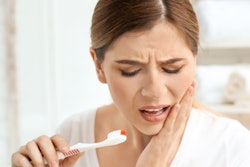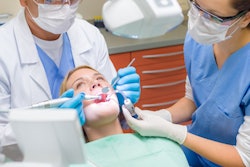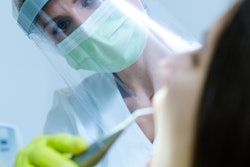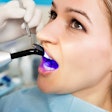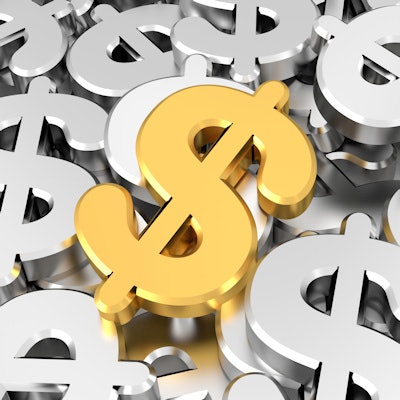
In addition to patient volume stalling in November, the COVID-19 pandemic has led to many dentists spending more to operate practices, with about 40% of them either breaking even or losing money, according to the latest data from the ADA's Health Policy Institute (HPI).
As of the week of November 2, more than 90% of the 2,610 dentists who responded to HPI's survey said their current operating costs were "a lot higher" or "somewhat higher" than what they were prepandemic. Before the pandemic, 95% of dentists were profitable, compared with 60% currently; 27% are breaking even, and the rest are no longer profitable, according to the results shared during a recent HPI webinar.
"Thirteen percent report being unprofitable now, compared to 1% before the COVID-19 pandemic," said Chelsea Fosse, a senior health policy analyst at HPI.
Dentists also reported that patient volume was at 77% of pre-COVID-19 levels. Patient volume was at 78% during the week of October 30, which was also a decline from previous weeks. Prior to this, patient volume had been holding steady at approximately 80% of pre-COVID-19 levels.
Can dental practices survive in this environment? Dr. Roger P. Levin, CEO of the Levin Group and a member of the panel, was optimistic for the future, overall.
"We still think 2021 will be a bumpy year, but we think 2022 will be a good year," Levin said.
However, this doesn't come without some bad news, he warned.
"We are still projecting that 10% to 15% of practices could disappear," he said.
This disappearance, though, would generally not be due to bankruptcies, which are behind business closures in other industries.
"We have already seen doctors over 65 who decided not to reopen, and the mitigating factor there is financial independence," Levin explained. "These are doctors who could walk away and said, 'I'm not coming back,' and shut their doors."
Only between 1% and 2% will be due to bankruptcies. The rest will be due to closures, mergers, and buyouts, he said.
"Sadly, 10% to 15% will not be here in December 2021," Levin said. "It's all economically driven."




